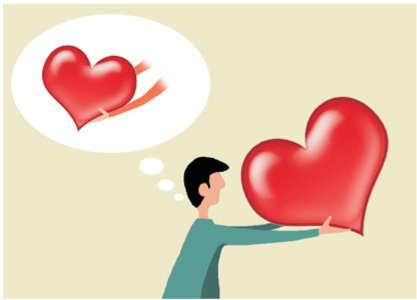Complete love
Complete love
Posted May. 02, 2022 07:59,
Updated May. 02, 2022 07:59


It has been more than 30 years since I started dealing with microorganisms. I have met all different microorganisms directly or indirectly through experiment and literature. I once witnessed how a group of microorganism survives in clean water in deep sea, and recognized its ‘beauty’ through its ‘microcosm.’ The cleaner the water, the smaller organic materials it contains. Those microorganisms often struggle to survive due to lack of feed. But then, marine microorganisms often flourish even in such conditions – even though they cannot generate some of the essential amino acids. They generate somewhat sufficiently amino acids that they can generate, excrete out of their bodies and replenish what they and others lack each other. In fact, even in the world of microorganisms that are often considered insignificant, such exchange of benefits is not uncommon.
Unlike exchange of benefits, a gift is something that you give away without expecting to receive something in return. Regretfully, such a gift is increasingly rare in the real world, and philosopher Kim Dong-gyu argues that such a situation is evidence that love is evaporating. And I grudgingly agree with him. Love is not justice and cannot constitute equitable transaction.
Generally, the intensity of one’s love toward someone else is reversely proportionate with the intensity of expectation to receive as much as he or she gives. For this reason, the scale of love is mostly unbalanced. Just as the old saying says ‘love is streaming down rather than up,’ parental love, in particular mother’s love, is most unbalanced. I come to recall what an old lady who survived through a tumultuous era had to say, “I lived well thanks to you.” When we naturally come to recall the words “thanks to” in their mind, we will be able to give complete love.



![[김순덕의 도발] ‘李부터 연임’ 개헌, 이 대통령은 가능성을 말했다](https://dimg.donga.com/c/138/175/90/1/wps/NEWS/IMAGE/2026/01/16/133172656.1.jpg)



